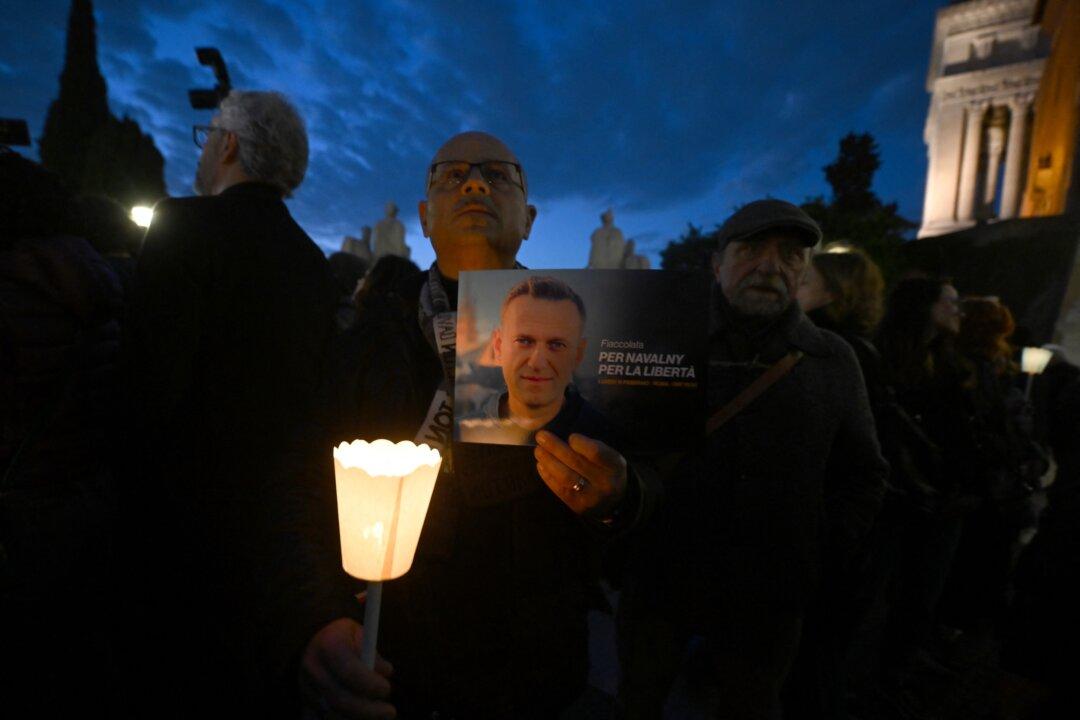Ukraine’s intelligence chief said on Sunday that Russian opposition leader Alexei Navalny most likely died of a blood clot, amid speculation that he was assassinated while in prison.
Mr. Navalny, 47, has been the most prominent critic of Russian President Vladimir Putin’s government over the past decade. He collapsed and died in a Siberian prison camp on Feb. 16, according to Russian officials.





